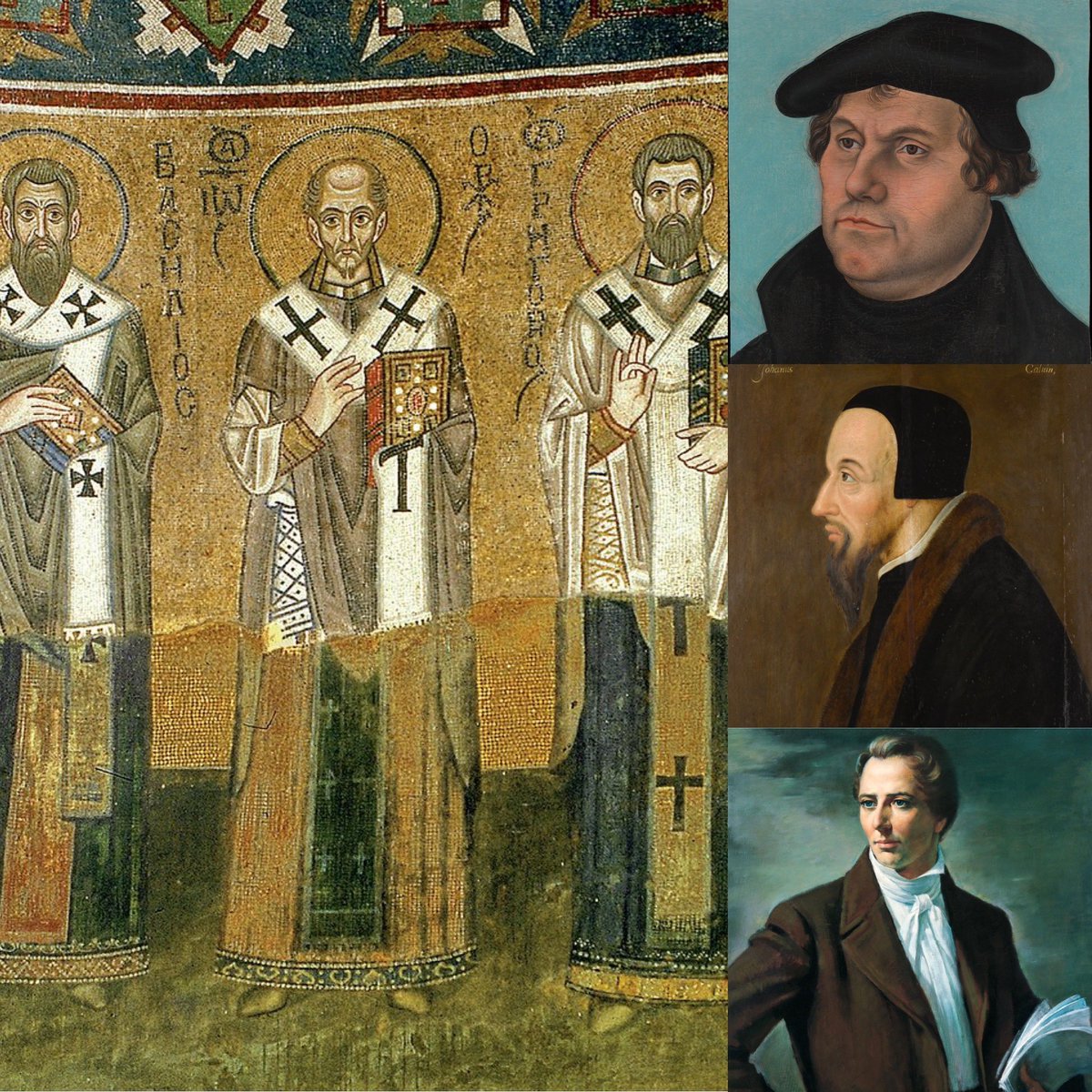
Catholic convert | Fmr. @WhiteHouse speechwriter | #1 NYT Author | Founder, Eternal Christendom | Personal Account |
5 subscribers
How to get URL link on X (Twitter) App


 You can read the full article here.
You can read the full article here.
 LETTER #1: ST. IGNATIUS OF ANTIOCH, “LETTER TO THE EPHESIANS” (§§2-7, 9, 13-14, 16-17, 20)
LETTER #1: ST. IGNATIUS OF ANTIOCH, “LETTER TO THE EPHESIANS” (§§2-7, 9, 13-14, 16-17, 20)
 (2/2) This doctrine of baptism, works, and salvations, is UNANIMOUS from the days of the Apostles. There is not a single Church Father who does not believe it. This is as true before the days of Constantine as after them (lest anyone continue to peddle the nonsense that Constantine founded the Catholic Church).
(2/2) This doctrine of baptism, works, and salvations, is UNANIMOUS from the days of the Apostles. There is not a single Church Father who does not believe it. This is as true before the days of Constantine as after them (lest anyone continue to peddle the nonsense that Constantine founded the Catholic Church).
 Note what they did not do:
Note what they did not do: